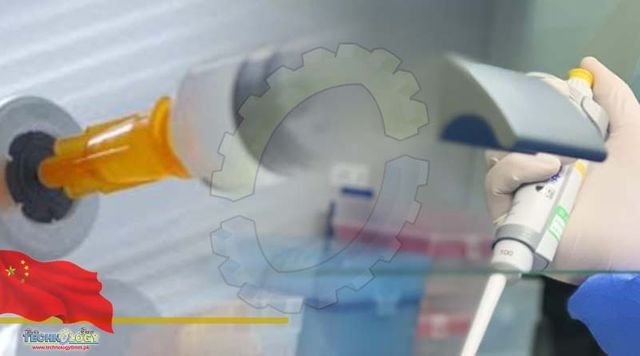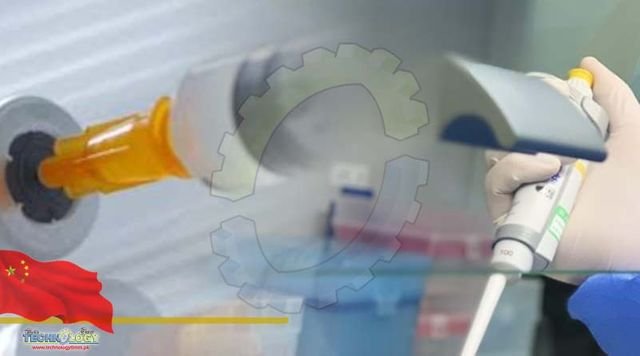China on Monday launched the world’s first clinical research on a sequential trial of an Omicron-specific vaccine candidate in Central China’s Hunan Province. It will evaluate the vaccine’s safety and immunogenicity in humans and the research is expected to be completed in about three to four months.

Zhang Yuntao, chief scientist from the China National Biotec Group (CNBG) – developer of the vaccine candidate, who attended the launch ceremony – told the Global Times on Monday that the clinical study, which plans to enroll more than 4,000 volunteers, is the world’s largest clinical study of a vaccine against the Omicron variant.
“In this study, a randomized, double-blind, controlled study design was used to evaluate the safety and immunogenicity of the Omicron-specific vaccine in volunteers aged 18 years and above who had received two or three doses of COVID-19 vaccines at different intervals and in different dose sequences,” Zhang said.
The plan for this clinical study will need to be determined after further discussions with experts and drug authorities, and it is expected to take about three to four months to complete, Zhang said. In April, Sinopharm obtained clinical trial approval from the National Medical Products Administration and approval from the Pharmacy and Poisons Board of Hong Kong, respectively.
On May 1, the first dose of the Omicron-specific vaccine candidate was administered during a clinical trial in Hangzhou, East China’s Zhejiang Province. The volunteers were above 18 years old and had not been inoculated with any COVID-19 vaccine.
According to Zhang, the Omicron-specific vaccine was evaluated for its immunogenicity in animals prior to the approval for clinical studies. The results showed that the vaccine had good neutralization activity against Omicron variant strains, and the neutralization activity against the Beta, Delta and prototype strains was also improved, showing that the effect was ideal.
As for whether the success of the research and development of the Omicron-specific vaccine means that the current COVID-19 vaccines are invalid, Zhang noted that the vaccine uses the same inactivated vaccine technology as the previous ones. The first-generation vaccines are still effective.
“In the recent outbreak in Hong Kong, we can also see that the inactivated vaccine has a significant protective effect on severe cases and deaths, especially those over 60 years old. So, the original vaccine is still effective,” Zhang said. However, Zhang pointed out that the Omicron-specific vaccine is not designed for the fourth dose.
“The immunization procedure for the inactivated COVID-19 vaccine is two doses of full immunization plus a booster. After obtaining data from clinical studies, the best follow-up vaccination plan will be evaluated,” Zhang said. As Omicron gradually became the main strain trial and the number of infected people increased, many people began to claim that Omicron “does not kill people” and some even compared it to “a large flu.”
Zhang stressed that Omicron is not a “large flu”, which has caused local outbreaks in Shanghai, Beijing, Jilin and other parts of China because of its fast spread, high infection rate and strong stealth. Omicron is three to four times more transmissible than the Delta strain, with each person infected with Omicron BA.2 being able to infect another 12 people.
Therefore, in the face of the Omicron variant, the effectiveness of previous COVID-19 vaccines and antibody treatment drugs developed by various technical routes has declined to varying degrees. In order to better prevent and control the epidemic, it is very necessary to develop specific vaccines.
“In terms of the clinical scope, the contraindications of the Omicron-specific vaccine are the same as those of the first generation of inactivated vaccines. But after the first generation of vaccines was widely used, Sinopharm conducted clinical studies on people with diabetes, hypertension, AIDS, autoimmune diseases and organ injuries. Contraindications should be gradually reduced in the future,” Zhang added.
Yang Huichuan, chief scientist from the CNBG, said during a press conference that the company had built six manufacturing plants and three laboratories with protection level III. If the Omicron candidate vaccine succeeds at last, the CNBG will devote most manufacturing facilities to its production.
Source: This news is originally published by globaltimes
